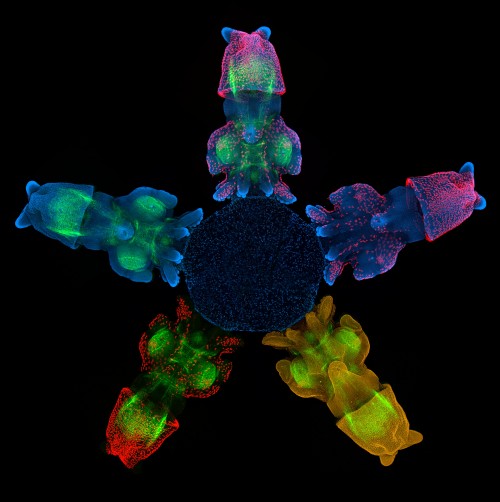I enjoy many TED talks. I especially enjoy them because I only watch them when someone else recommends one to me — I’ve got filters in place. The one time I tried to sit down and go through a couple of random TED talks, I was terribly disappointed.
Carl Zimmer explains the problem with TED.
The problem, I think, lies in TED's basic format. In effect, you're meant to feel as if you're receiving a revelation. TED speakers tend to open up their talks like sales pitches, trying to arouse your interest in what they are about to say. They are promising to rock your world, even if they're only talking about mushrooms.
So the talks have to feel new, and they have to sound as if they have huge implications. A speaker can achieve these goals in the 18 minutes afforded by TED, but there isn't much time left over to actually make a case–to present a coherent argument, to offer persuasive evidence, to address the questions that any skeptical audience should ask. In the best TED talks, it just so happens that the speaker is the sort of person you can trust to deliver a talk that comports with the actual science. But the system can easily be gamed.
In some cases, people get invited to talk about science thanks to their sudden appearance in the news, accompanied by flashy headlines. Exhibit A, Felisa Wolfe-Simon, who claimed in late 2010 to have discovered bacteria that could live on arsenic and promised that the discovery would change textbooks forever. When challenged by scientific critics, she announced to reporters like myself that she would only discuss her work in peer reviewed journals. Three months later, she was talking at TED.
The problem can get even more serious in TED's new franchise, TEDx, which is popping up in cities around the world. Again, some TEDx talks are great. Caltech physicist (and DtU editor) Sean Carroll talking about cosmology? Whatever you've got, I'll take. But some guy ranting about his grand unified theory that he promises will be a source of unlimited energy to fuel the planet? Well, just see how far you can get through this TEDx talk before you get loaded into an amublance with an aneurysm.
So there’s the problem: audiences pay a shocking amount of money to attend a TED session, and what they expect is an epiphany delivered every 20 minutes. That’s not how science works. You know that every excellent talk at TED is backed by 10 or 20 years of incremental work, distilled down to just the conclusion. Most of the bad talks at TED are people trying to distort the methodical approach of science into a flash of genius, and failing. Some of the bad talks are simply cranks babbling; the example Zimmer gives is a perfect illustration of that. Cranks are really good at making grandiose claims, and in a setting in which no data has to be shown and no questions can be asked, pseudoscience shines (and by the way, what is it with kooks and swirling donuts?)
Another odd connection: I wonder if this tendency to inflate the baby steps of science into grand world-changing leaps contributes to or is fueled by Kurzweilian transhumanism and an exaggerated sense of progress in science?




